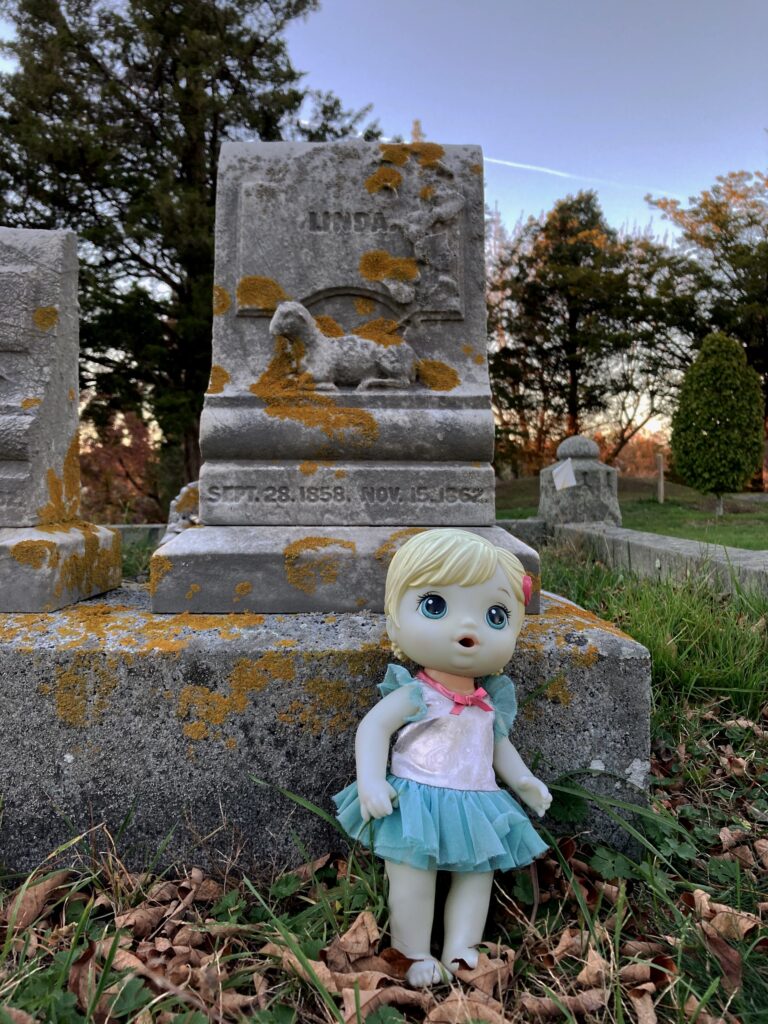We left our rental in San Mateo, California, on June 20. From then until September 1, we didn’t have a permanent address. We were living out of our car from June 20 to July 17. Then we had a short-term and very inexpensive rental ($500 a month, plus work barter) on the south coast of Massachusetts. As of September 1, we finally have a permanent address on Boston’s South Shore. Even now, most of our belongings are still in storage, and we’ve been living with whatever we managed to pack into the car.
We’ve had a pretty comfortable summer, all things considered. But our experience has made me think about what I’ve heard from some of the homeless people I’ve known. Now most of the homeless people I’ve known have not been street people. There are quite a few different kinds of homelessness. There’s couch-surfing, where you do short-term stays with friends and family, often rotating amongst several people so no one gets sick of you. There’s living in an RV or converted van, which can entail parking at night with friends or family, or parking at night in state or county campgrounds, or parking on the streets; the latter option is where you’re the most vulnerable. There’s car dwelling, which less comfortable than RV or van dwelling, since you have to sleep in a seat not a bed. There’s living in long-term homeless shelters, where you’re guaranteed a bed in one place for at least a month at a time. There’s living night-to-night in homeless shelters, where you have to line up every day to get a spot in the shelter. Then there’s living on the street, where you’re sleeping outdoors pretty much all the time.
In the popular imagination, “homelessness” means the last option: living on the street. But really homelessness is a state of being where you don’t have a permanent address. It’s a state of being where you have a lot less control over your life, and a lot less predictability. Considered this way, homelessness is similar to being a refugee.
As I said, we’ve had a pretty comfortable existence. We have adequate income, and we knew we’d find a permanent place to live sooner or later. We have enough stability, and enough money, that we could be somewhat picky about our rental options.
As comfortable as we are, not having a permanent address caused a certain amount of stress. It can be difficult buying things online, and these days you almost have to buy some things online, but with no permanent address where are you going to have them shipped? (We solved that problem by renting a mailbox at a UPS Store, which is not inexpensive.) There’s stress associated with the ambiguity of not really having a permanent legal address. There’s stress because your clothes always look a little rumpled; even I, a slovenly dresser, have found this to be annoying. There’s psychic stress: sometimes you don’t quite know where you’re going to be next week, and that’s uncomfortable. There’s more psychic stress: you feel a definite lack of control.
Again, we’ve been quite comfortable in the last two and a half months, but all these little stressors have added up. I’m more tired than usual, and less efficient. Even though I have a solid job, and we have solid financial resources, living out of a car is tiring.
This tallies with what I’ve heard from the homeless people I’ve known. They’ve talked about how the uncertainty can wear you down, can make you less efficient. Then if you’re looking for work on top of that, or working a low-wage job (and low wage jobs are far more stressful than knowledge-worker jobs), it’s all going to add up. You’re going to be tired and stressed out.
This is something to think about when we’re thinking about how to help people who are unhoused. If you tell unhoused people to get a job first, or to kick their addiction first, I’m not sure that’s actually a pragmatic, practical approach. Based on my brief experience living out of a car, I tend to believe that it makes more sense to put people in housing first, then when they have some stability in their lives they’ll be able to address the other problems.





